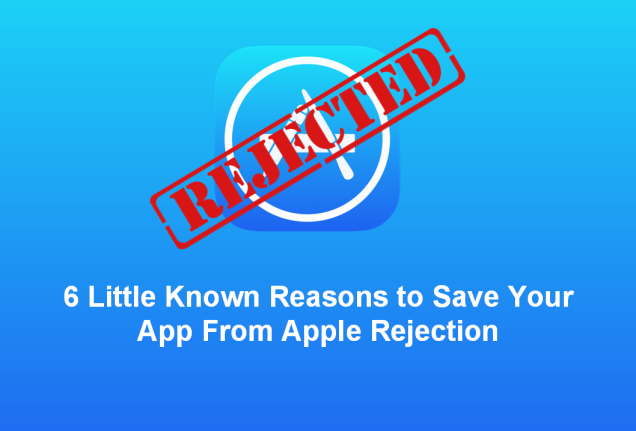
With the ever-growing surge of mobile applications, the development of an app has become a tough game today. It is crucial to come up with an app that gets noticed within a tremendous number of diversifying apps. Whether you are developing an Android app or an iOS app, making it a trendy one is now a must. The application development trends keep on changing, which makes app developers to be in the constant growth of awareness and well informed about all the latest trends.
Here is the list of some common development trends for iOS and Android apps in 2018:
- Cloud Computing
The mobile applications that are developed using cloud computing deliver better reliability, speed, performance, and protection. With all these benefits backing the mobile cloud computing, a constant growth is observed in the development of the mobile apps that support this functionality. It becomes easier for the apps to store data and process heavy tasks in mobile, with the use of cloud computing. The mobile apps and mobile devices can communicate in a much better way and can ensure maximum security to the users, with a secure hand on data collection, storage, and analysis.
- Wearable apps
The discrete connected wearable devices have transformed the technical market altogether. The wearable apps are more useful for accessing and managing data. This makes it easy to use the wearable devices, without involving any further complications. There are innumerable app development companies who have already started taking these features too seriously and thus are trying to come up with the advanced app using this feature. One of the reasons that have encouraged the app development industry to come up with the something advance and unique, is the positive response to the current wearable apps.
- Augmented Reality
Augmented reality has marked its beginning in the mobile apps last year. Majority of the app developers are viewing the involvement of augmented reality as a secure way for developing user-friendly and more creative apps.
Now we have two rock-solid platforms for the development of augmented reality apps for mobile devices after Apple launching ARKit and Google’s ARCore. With most marketers seeing AR as a way to provide a compelling user experience, as the result of it we will soon be seeing a lot of creative AR applications.
- Internet Of Things
IoT is the technology that has helped us to come closer to our own world. It makes use of the sensor technology for connecting the various devices in a compact manner so as to enable the automation, analysis and controlling of the device.
IoT is on a boom and that has made many app developers look for ways to successfully implement the technology in the mobile apps. A huge number of IoT devices already rely on mobile devices to syndicate data, especially in case of consumer IoT. With the immense growth in overall uses of IoT, we will see more mobile apps meant for management of these devices.
- Instant Apps
Instant apps have completely taken over the app industry and have helped the app industry to attract more users. These apps are based on the technique that the users can use and access the app before actually downloading the app. This process can help the user to actually understand if the app is useful for them or not. Some of the examples of such apps are Buzzfeed, Periscope, Viki, etc.
Development of apps has always been on the top of the trend, especially the applications with some unique and advanced features. Above are the trends that all the app development companies are aiming at for developing innovative apps for both iOS and Android in 2018.
